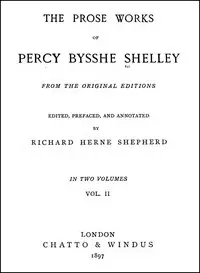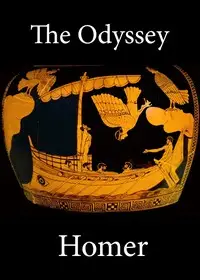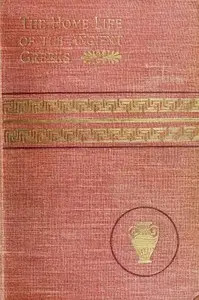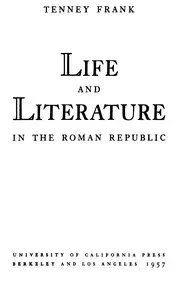"Cicero's Brutus, or History of Famous Orators; also His Orator, or Accomplished Speaker" by Marcus Tullius Cicero is a collection of rhetorical works written in the 1st century BC. The text serves as both a dialogue and a treatise on eloquence, focusing on the lives and styles of prominent orators from ancient Greece and Rome, exploring their contributions to the art of persuasion. The opening of this work introduces Cicero's reflections on the recently deceased orator Hortensius, expressing deep personal sorrow but also a broader concern for the impact on Roman society due to the loss of such eloquent figures. As he converses with friends Brutus and Atticus, Cicero reflects on the importance of eloquence in the legal and political arenas, indicating a desire to discuss the history of famous orators, their methods, and the evolution of oratory itself. This sets up an exploration of notable figures in eloquence, linking their rhetorical skills to the political realities of Cicero’s time and the dynamics of Roman governance. (This is an automatically generated summary.)

Cicero's Brutus or History of Famous Orators; also His Orator, or Accomplished Speaker.
By Marcus Tullius Cicero
"Cicero's Brutus, or History of Famous Orators; also His Orator, or Accomplished Speaker" by Marcus Tullius Cicero is a collection of rhetorical works...
Marcus Tullius Cicero was a Roman statesman, lawyer, scholar, philosopher, writer and Academic skeptic, who tried to uphold optimate principles during the political crises that led to the establishment of the Roman Empire. His extensive writings include treatises on rhetoric, philosophy and politics. He is considered one of Rome's greatest orators and prose stylists and the innovator of what became known as "Ciceronian rhetoric". Cicero was educated in Rome and in Greece. He came from a wealthy municipal family of the Roman equestrian order, and served as consul in 63 BC.

















